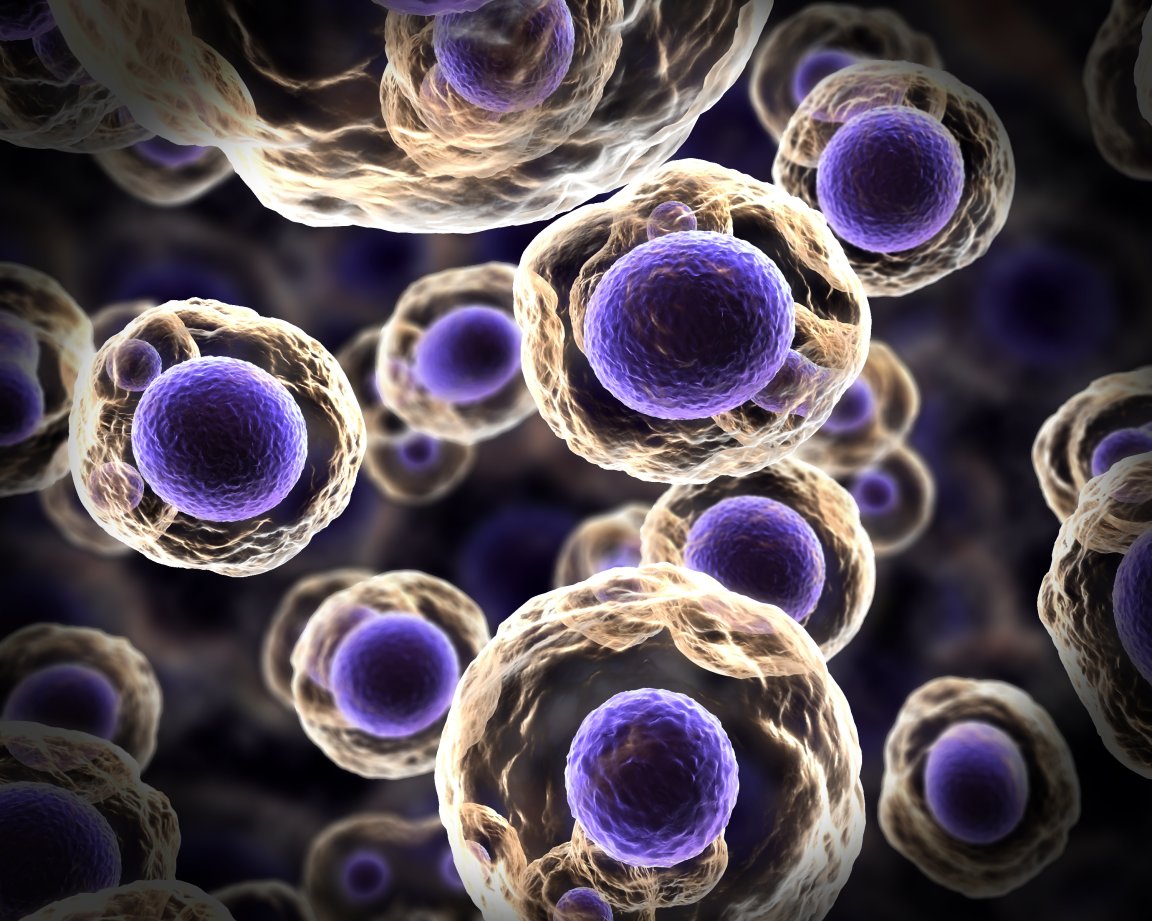
Liquid Biopsy
Detecting cancer using a simple blood test — a “liquid biopsy” — is a relatively new development. The appeal of such a procedure is understandable, though, as current cancer screening techniques can be expensive, cause health problem, or produce flawed results. Now, a team of researchers from the Chinese University of Hong Kong (CUHK) has completed the first major field study exploring the potential of liquid biopsies to detect cancer, and their study has been published in the New England Journal of Medicine.
In 2013, led by researcher Dennis Lo, the CUHK team tested more than 20,000 middle-aged Chinese men with no symptoms of nasopharyngeal cancer, which is linked to the Epstein-Barr virus (EBV). Of these men, EBV DNA was spotted in 1,112 men (5.5 percent), and 309 of them (1.5 percent) were confirmed to have the DNA through follow-up testing one month later.

After undergoing nasal endoscopies, MRIs, or both, 34 of these men were found to have nasopharyngeal carcinoma. As Lo told MIT Tech Review via email, the results were fairly “remarkable” as this type of throat cancer is usually detected much later.
The results of this study mean that one out of 10 men whose DNA hinted at this cancer had it but didn’t know it. As for the roughly 19,000 men who didn’t test positive during the initial screening, one did go on to develop nasopharyngeal carcinoma within the next year, so the liquid biopsy method isn’t foolproof. However, it does clearly show potential as a way to detect the disease early on.
The Future of Cancer Detection
This study of liquid biopsies to detect EBV is exciting not only because it proves the method’s viability as a cheaper, faster method of screening, it also provides a blueprint for how other types of cancers could be detected. “This work is very exciting on the larger scale” Lo told CBS. “We are brick by brick putting that technology into place.”
The CUHK team isn’t the only one using blood tests to detect cancer — several others research projects are also in the works. For example, researchers in Japan are working on one method that could detect more than just a single type of cancer, and they have already received a go-ahead to conduct clinical trials.
For now, Lo will continue to move forward with his research. Earlier in 2017, Cirina, a startup he founded, merged with an American company called Grail to bring liquid biopsies closer to the commercial market. Testing of the method is in the works, and already, Grail has raised more than $1 billion through big-name investors, like Jeff Bezos and Bill Gates, who are eager to fund further research on the idea.
“We are planning to develop a screening test to help identify people at risk for this type of cancer in areas where it is common, initially in Hong Kong,” Grail spokesperson Charlotte Arnold told MIT Tech Review. “We are still in the planning stages and will provide more details at a later stage.”